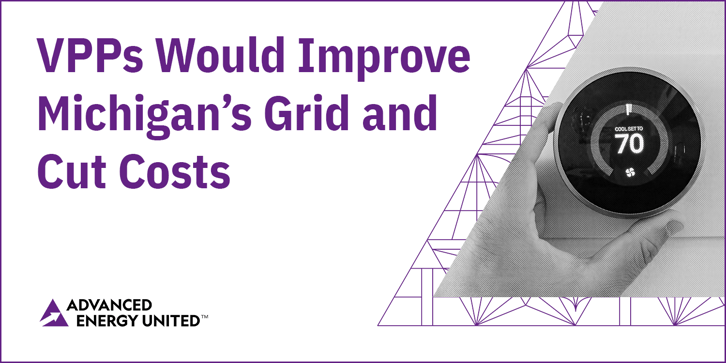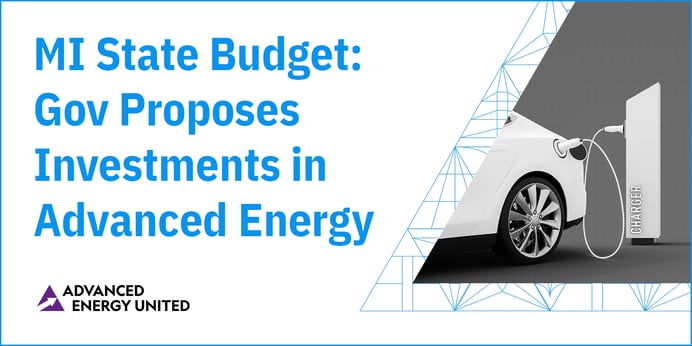
Samarth Medakkar
Recent Posts
Michigan Virtual Power Plant Legislation Would Cut Costs for Consumers & Improve Grid’s Resilience
Topics: State Policy, Michigan, Distributed Energy Resources, Virtual Power Plants
Illinois Legislature Adjourns Without Passing Energy Omnibus—What Comes Next?

Topics: State Policy, Illinois
Illinois Creates Incentive Program for Electric Trucks, School Buses

Last month, Illinois became the first state in the Midwest, and one of the few states outside the coasts, to establish a state-run incentive program for medium- and heavy-duty (MHD) electric vehicles (EV) that are part of a fleet, such as commercial trucks, transit, and school buses. The primary purpose of the legislation is to support fleet owners and operators who wish to go all electric; although MHD EVs show strong market growth, their adoption has been slow in part due to their high up-front cost. EVs represent less than 1% of new MHDV sales currently and incentives for vehicle purchases are proven to help increase EV adoption. Rebates and tax incentives for light-duty vehicle (LDV) EVs have captured a larger share of the LDV market overall, accounting for roughly 10% of new LDV sales. It’s no surprise that most MHD EVs are sold in states offering a purchase incentive program.
Topics: Advanced Transportation, Illinois
Michigan Sets Path for Decarbonized Power System
.png?width=749&height=375&name=Blog%20Graphic%20Gov.%20Whitmer%20Codifies%20Plan%20for%20100%25%20Clean%20Energy%20by%202040%20(1).png)
This week, Governor Whitmer signed into law a suite of clean energy policies that set Michigan on a path to a decarbonized power system. The new laws include some of the most significant energy policy reforms since the establishment of the state’s renewable portfolio standard in 2008 and electric integrated resource planning in 2016.
Topics: State Policy, Michigan
Michigan Gov Whitmer Proposes Substantial Investments in Advanced Energy in State Budget

On February 8, Governor Whitmer announced her budget proposal for fiscal year 2024. Taken in totality, the proposed budget represents a generational investment in the state’s decarbonization efforts and advanced energy economy, and the Governor should be applauded for such a bold agenda. The Governor’s budget includes commitments to transition the state’s energy to renewable resources, improve and decarbonize housing, electrify the transportation system, decarbonize industry, and strengthen energy infrastructure. Among the broad range of investments in communities and businesses proposed within the $79 billion budget are substantial funds for advanced energy projects and technologies, allocated to various administering agencies using both state and federal funds.
The investments in clean energy—totaling upwards of $1.35 billion—are summarized below. They represent the next step in the Governor’s vision to decarbonize the economy as laid out in her MI Healthy Climate Plan.
Topics: State Policy, Wholesale Markets, Michigan